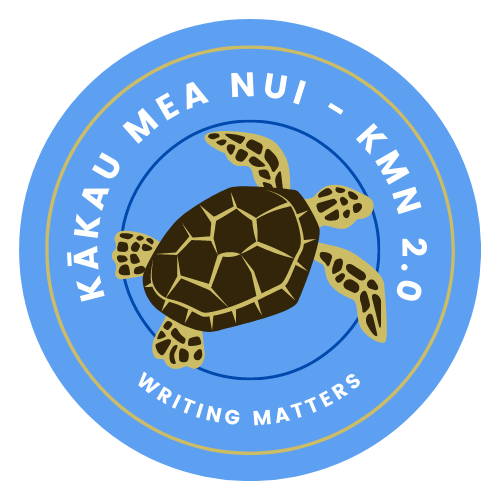Video Futures/Transitions

Project Dates: 1993 – 2003
About
Video Futures is based in Hawaii (Center on Disability Studies and Creating Futures Inc.), Alaska (Univ. Center for Human Development), and in Kentucky (Department of Education), with other centers elsewhere (e.g., Aotearoa New Zealand). Video Futures centers provide (self-)instructional materials and consultation to school-based personnel, clinicians, and family members in the use of positive video futures strategies (self modeling, feedforward, video explorations). The beneficiaries, or consumers, of video futures under the OSEP funding were primarily students at risk for dropping out of high school, to improve their educational outcomes and transitions to adult life. The project staff worked collaboratively with educators, high school students with disabilities, and their families. Video explorations and video self-modeling interventions were used to help school engagement and improve transitions. As a research-to-adoption objective, we produced an informative website and an Application Package of videos, manuals, data, and examples.
Video Futures now reaches out to other consumers and different types of applications. Examples include young children, speech and language development, adults with autism, personal safety, and even international sports.
The consultation and instructional materials provide support for educators (including school and community-based personnel), in the basics of simple video production and the theory and applications of video self modeling and feedforward. Educators (or clinician and family members) learn to use consumer-quality equipment to produce short videotapes that show students in desired roles, with apparent unprecedented achievements in challenging situations. These videos are possible through the right planning (scripting), filming, and editing of footage to display adaptive-only skills/behavior. This strategy has proven efficacious in preventing course failure and dropout, promoting generalization of academic and vocational skills, and developing prosocial behaviors.
We believe “all children deserve images of success they have not yet achieved” (feedforward). Adults, too, of course.
Principal Investigator: Peter Dowrick


